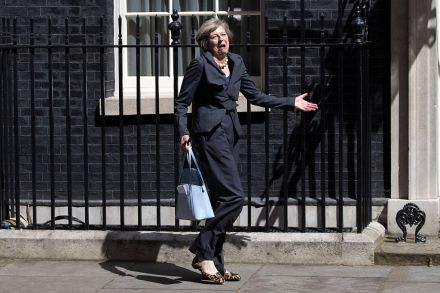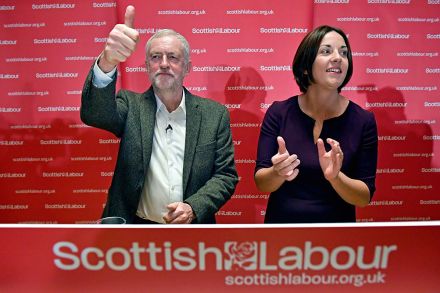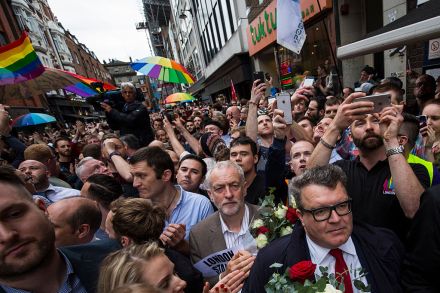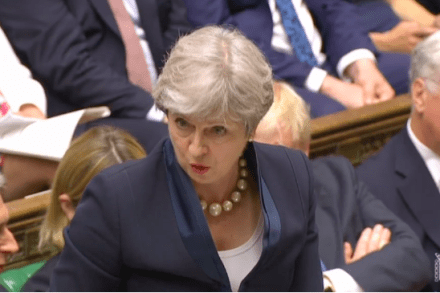The government is destined for trouble with its repeal bill
You’d think a government wouldn’t launch its flagship bill that takes Britain out of European Union legislation without first being clear what taking Britain out of the EU would actually look like. Apparently not: the once Great Repeal Bill – now just plain old European Union (Withdrawal) Bill for less triumphant times – was published today, and no-one is clear on Brexit at all. It’s not just questions such as those that Emily Thornberry raised at Prime Minister’s Questions yesterday about border controls in the event of no deal with the European Union, or indeed questions about how members of the governing party will actually vote, not just on the




















